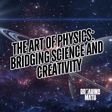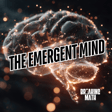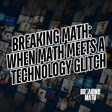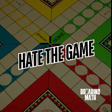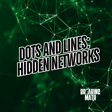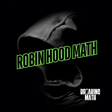
Who is Francis Crick?
This conversation delves into the life and legacy of Francis Crick, co-discoverer of the DNA structure. Dr. Matthew Cobb, the guest, explores Crick's multifaceted personality, his poetic inspirations, collaborative nature, and his later pursuits in consciousness. The discussion also touches on the controversies surrounding his work, particularly regarding the contributions of Rosalind Franklin, and reflects on Crick's complex character, blending modern scientific thought with outdated socio-political ideas.
Takeaways
- Crick's story is often simplified to his DNA discovery.
- He had a deep appreciation for poetry and its connection to science.
- Collaboration was a key aspect of Crick's success.
- His early life was marked by average academic performance.
- Crick's transition to biology was driven by a desire to understand life.
- The discovery of DNA was a complex, collaborative effort.
- Controversies exist regarding the ethics of scientific discovery.
- Crick's later work focused on the nature of consciousness.
- He had a unique blend of intuition and logical thinking.
- Crick's outdated socio-political views contrast with his scientific modernity.
Chapters
- 00:00 The Legacy of Francis Crick
- 01:13 Introduction to Matthew Cobb and His Book
- 03:43 The Influence of Francis Crick
- 06:19 Crick's Unique Approach to Science
- 07:19 Crick's Early Life and Self-Perception
- 10:04 The Impact of Naval Service on Crick
- 12:34 Crick's Transition to Biology
- 15:06 The Role of Schrodinger's Work
- 17:26 The Dynamic Between Watson and Crick
- 20:13 The Discovery of the Double Helix
- 23:02 The Controversy of Rosalind Franklin's Contribution
- 28:23 The Diplomatic Row and Pauling's Mistake
- 29:38 The Discovery of DNA's Structure
- 34:31 Crick and Brenner's Collaboration
- 38:41 Crick's Exploration of Consciousness
- 43:03 Crick's Complex Legacy
Follow Matthew on Twitter, and find his new book here.
Subscribe to Breaking Math wherever you get your podcasts.
Follow Breaking Math on Twitter, Instagram, LinkedIn, Website, YouTube, TikTok
Follow Autumn on Twitter, BlueSky, and Instagram
Become a guest here
email: breakingmathpodcast@gmail.com


